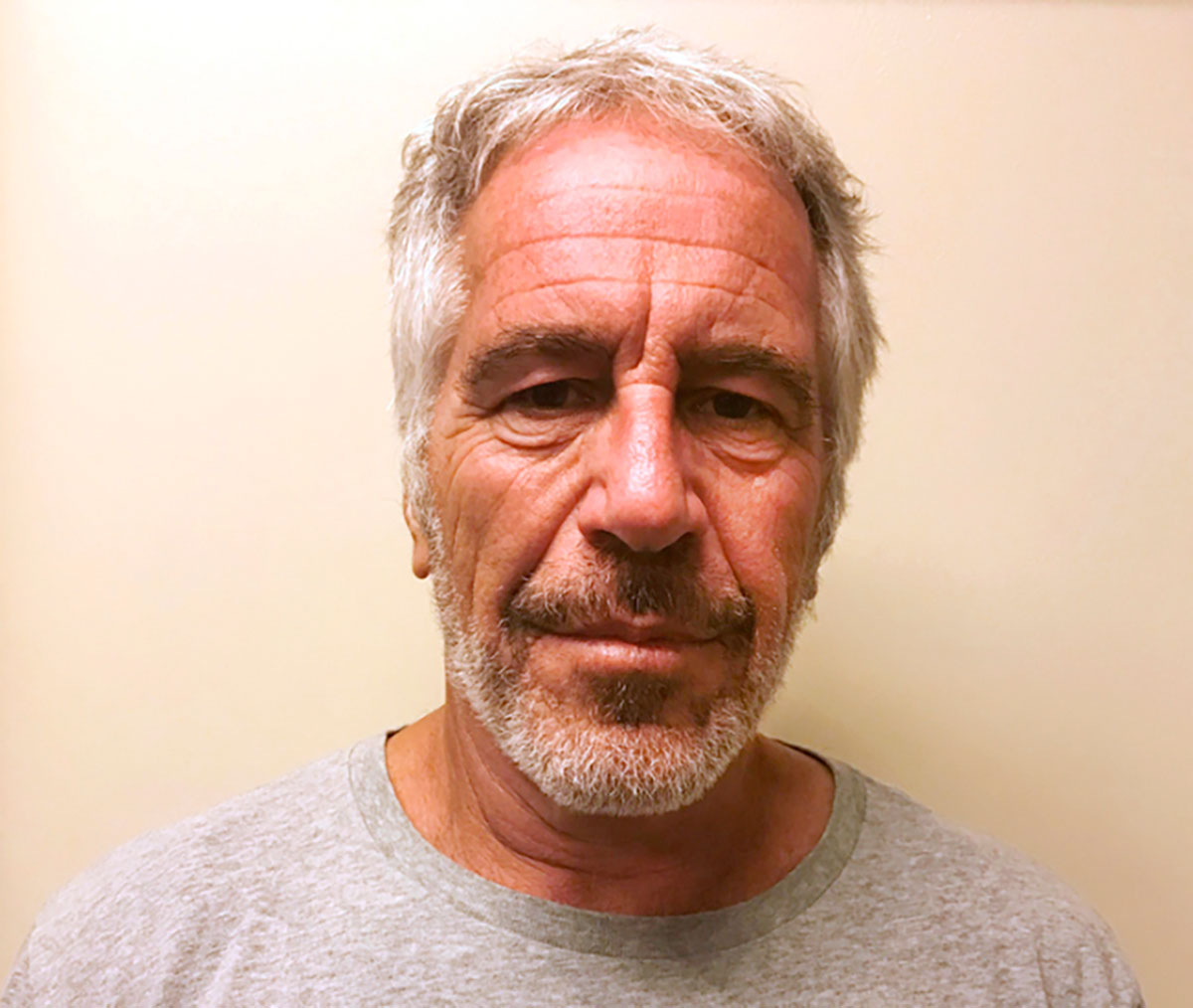Jeffrey Epstein, the financier who was long dogged by accusations of sexual abuse of girls and who was able to cultivate a stream of high-profile friends despite his lurid lifestyle, killed himself in his Manhattan jail cell, two law enforcement officials said on Saturday.
Epstein hanged himself, the officials said. He was found at roughly 6.30am on Saturday at the Metropolitan Correctional Center in Manhattan and was taken to a hospital, where he was pronounced dead, the federal Bureau of Prisons said in a statement.
Last month, a week after being denied bail on federal sex trafficking charges, Epstein was found unconscious in his cell at the jail with marks on his neck.
Prison officials had been investigating that incident as a possible suicide attempt. Epstein was housed in a special unit with extra security, the Bureau of Prisons said, but it was not immediately clear whether he had been under suicide watch or whether the authorities had put in additional safeguards after the earlier incident.
Manhattan federal prosecutors last month charged Epstein, 66, with sex trafficking of girls as young as 14. The indictment renewed attention toward how Epstein — who had opulent homes, a private jet and access to elite circles — had escaped severe punishment in an earlier investigation into his abuse of girls more than a decade ago in Florida.
He had avoided federal criminal charges in 2008 after prosecutors brokered a widely criticised deal that allowed him to plead guilty to state charges of solicitation of prostitution from a minor and serve 13 months in jail. Even while in custody, Epstein was allowed to leave the jail for 12 hours a day, six days a week, to work at his office in Florida.
The new federal indictment also focused scrutiny on an array of luminaries in government, politics, business, academia, science and fashion with whom Epstein had associated over the years, including Donald J. Trump, Bill Clinton, Prince Andrew of Britain and the retail billionaire Leslie Wexner.
Epstein’s defence team — the lawyers Reid Weingarten, Marty Weinberg and Michael Miller — declined to comment on his cause of death. “We are enormously sorry to learn of today’s news. No one should die in jail,” they said in a statement.
Epstein’s death brought an abrupt end to a prosecution that his accusers had hoped would finally shed light on how he had been allowed to commit what they said was a string of depraved crimes for so many years — and what role his wealth, privilege and connections played.
Jennifer Araoz, who said she had been raped by Epstein after being recruited into his circle outside her Manhattan high school in 2001, said she was angry that he would not have to face his accusers in court.
“We have to live with the scars of his actions for the rest of our lives, while he will never face the consequences of the crimes he committed — the pain and trauma he caused so many people,” Araoz said. She said she hoped investigators would pursue charges against people who aided and protected Epstein.
A cache of previously sealed legal documents, released on Friday by a federal appeals court, had provided new, disturbing details about what was going on inside Epstein’s homes and how his associates recruited young women and girls, including from a Florida high school.
The documents — among the most expansive sets of materials publicly disclosed in the 13 years since Epstein was first charged with sex crimes — include depositions, police incident reports, photographs, receipts, flight logs and even a memoir written by Virginia Giuffre, who said she was a sex trafficking victim of Epstein and his acquaintances.
Epstein was arrested on July 6 at Teterboro Airport in New Jersey after his private plane landed on a flight from Paris. Federal prosecutors charged him with sex trafficking and sex trafficking conspiracy.
Prosecutors said in their indictment that he and his employees engaged in a scheme to bring girls as young as 14 to both his Upper East Side mansion and his palatial waterfront home in Palm Beach, Florida, between 2002 and 2005. He pleaded not guilty to the charges. If convicted, he would have faced up to 45 years in prison.
Epstein had initially sought home detention at his Upper East Side mansion while he awaited trial. His lawyers had proposed allowing Epstein to post a substantial bond and stay in his luxurious seven-storey townhouse, watched by 24-hour security guards, at his expense.
But a federal judge denied the request, concluding that Epstein was a flight risk.











